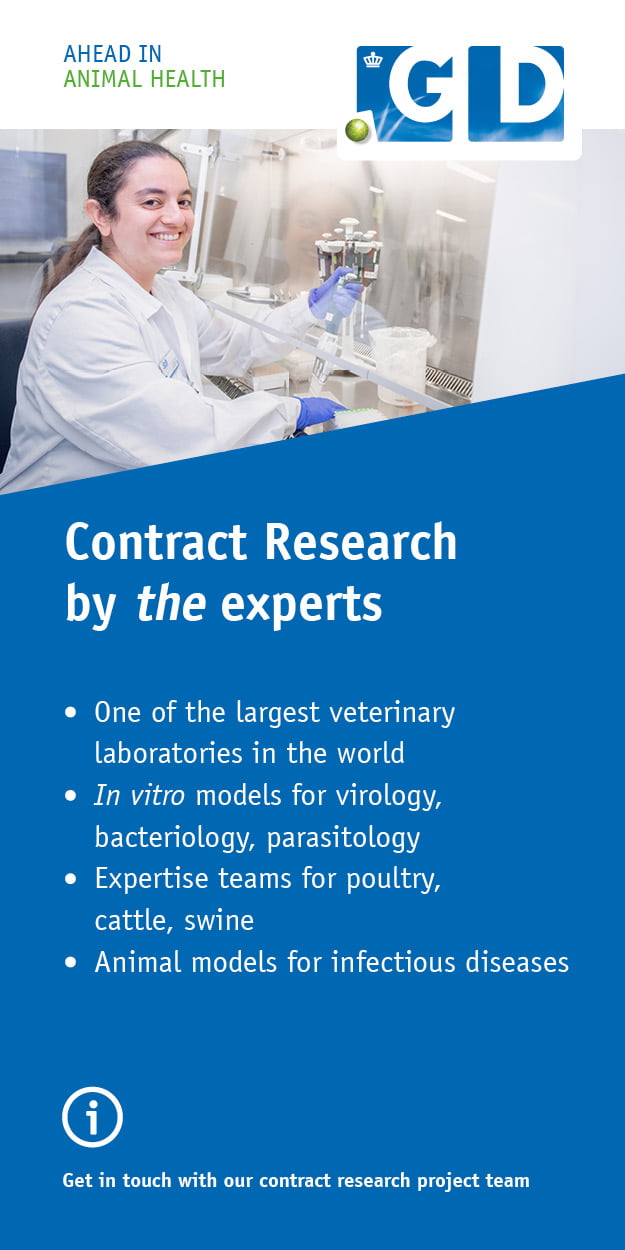AnimalhealthEurope welcomes the European Medicines Agency’s 7th ESVAC* report as a clear and continued demonstration of the transparency of the animal medicines industry and EU member states with regard to antibiotic consumption for veterinary purposes. Now in its 7th year of reporting, the ESVAC programme has grown from 9 reporting countries back in 2011, to 30 countries all providing data for the report.
“At a time when transparency and data collection serves as a cornerstone for forming action plans to address critical challenges such as the development of resistance to antibiotics, the animal medicines industry, along with the EU institutions, is clearly playing its role. Thanks to the implementation of awareness-raising campaigns in member states, we are clearly seeing continued developments in terms of responsible use of antibiotics in animals,” said AnimalhealthEurope Secretary General Roxane Feller.
The 2017 ESVAC report notes a continued downwards trend in terms of antibiotic sales for veterinary use in Europe as a whole, and patterns in use of classes remain largely unchanged or with minor fluctuations. The report denotes that sales of the highest priority antibiotics, as identified by the EMA, remain low overall.
Linking the latest ESVAC report findings back to the European Commission’s One Health Action Plan on AMR published in June this year, Ms Feller went on to say: “As highlighted at our recent conference on One Health and echoed in the EU One Health action plan, no single action will, in isolation, provide an adequate solution to the challenges that face man and animal. When it comes to AMR, no individual Member State, no individual health sector, nor indeed the EU can tackle this problem on its own. More data collection and better coordination, coupled with incentives to boost innovation in solutions to prevent and treat infectious diseases can help shape the global agenda on AMR, and ultimately ensure the future efficacy of antibiotic therapy in both human and veterinary medicine.”












